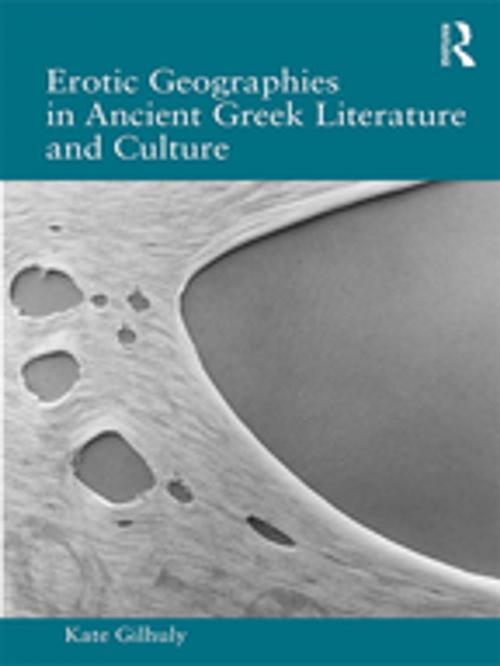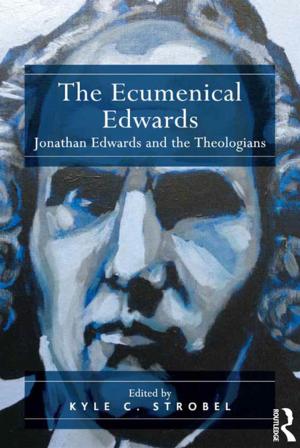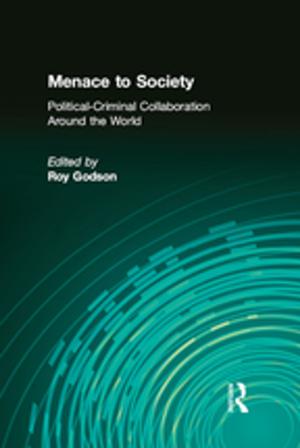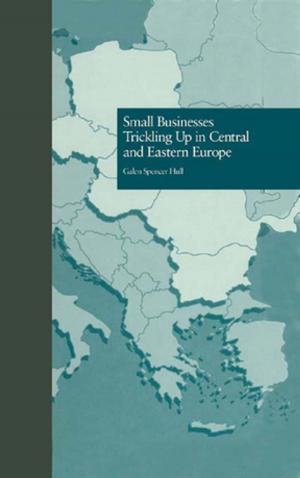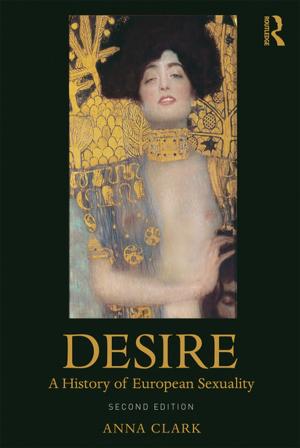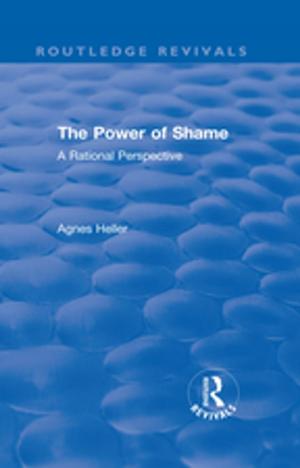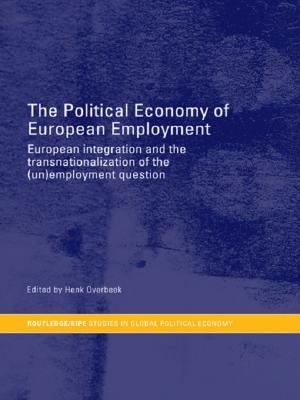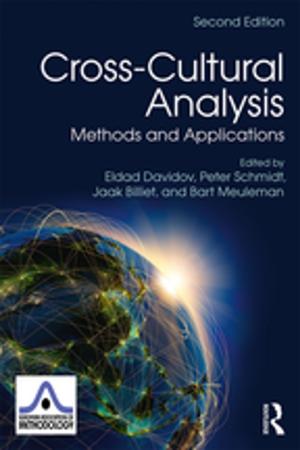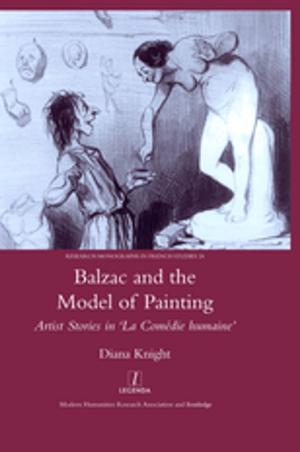| Author: | Kate Gilhuly | ISBN: | 9781351725859 |
| Publisher: | Taylor and Francis | Publication: | August 23, 2017 |
| Imprint: | Routledge | Language: | English |
| Author: | Kate Gilhuly |
| ISBN: | 9781351725859 |
| Publisher: | Taylor and Francis |
| Publication: | August 23, 2017 |
| Imprint: | Routledge |
| Language: | English |
Erotic Geographies in Ancient Greek Literature and Culture addresses the following question: how does a place "get a reputation?" The Athenians associated sexual behaviors with particular places and their inhabitants, and this book decodes the meaning of the sexualization of place and traces the repercussions of these projections. Focusing on Corinth, Sparta, and Lesbos, each section starts from the fact that there were comic joke words that made a verb out of a place name to communicate a sexual slur. Corinth was thought of as a hotbed of prostitution; Sparta was perceived as a hyper-masculine culture that made femininity a problem; Lesbos had varying historically determined connotations, but was always associated with uninhibited and adventurous sexuality. The cultural beliefs encoded in these sexualized stereotypes are unpacked.
These findings are then applied to close readings, ultimately demonstrating how sensitivity to the erotics of place enables new interpretations of well-known texts. In the process of moving from individual word to culture to text, Erotic Geographies recovers a complex mode of identity construction illuminating the workings of the Athenian imaginary as well as the role of discourse in shaping subjectivity. Gilhuly brings together a deep engagement with the robust scholarly literature on sex and gender in Classics with the growing interest in cultural geography in a way that has never been done before.
Erotic Geographies in Ancient Greek Literature and Culture addresses the following question: how does a place "get a reputation?" The Athenians associated sexual behaviors with particular places and their inhabitants, and this book decodes the meaning of the sexualization of place and traces the repercussions of these projections. Focusing on Corinth, Sparta, and Lesbos, each section starts from the fact that there were comic joke words that made a verb out of a place name to communicate a sexual slur. Corinth was thought of as a hotbed of prostitution; Sparta was perceived as a hyper-masculine culture that made femininity a problem; Lesbos had varying historically determined connotations, but was always associated with uninhibited and adventurous sexuality. The cultural beliefs encoded in these sexualized stereotypes are unpacked.
These findings are then applied to close readings, ultimately demonstrating how sensitivity to the erotics of place enables new interpretations of well-known texts. In the process of moving from individual word to culture to text, Erotic Geographies recovers a complex mode of identity construction illuminating the workings of the Athenian imaginary as well as the role of discourse in shaping subjectivity. Gilhuly brings together a deep engagement with the robust scholarly literature on sex and gender in Classics with the growing interest in cultural geography in a way that has never been done before.
